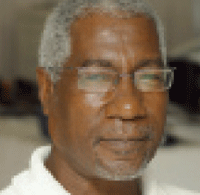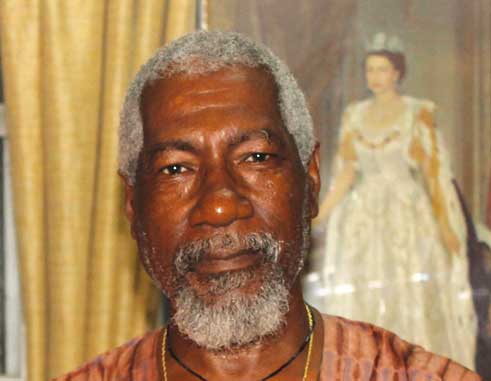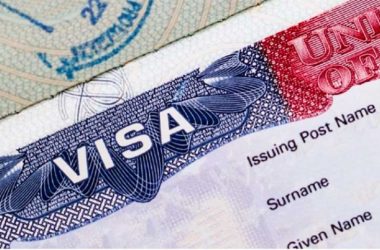
LATEST developments in Venezuela have again brought into focus the ongoing relationships not only between Church and State but also between church leaders and their supreme leaders in the Caribbean and Latin America.
South American Catholics have had a long tradition of active political involvement — from opposing dictatorships to defending the rights of the needy and oppressed. Liberation Theology took hold in the 60s and 70s, producing iconic church leaders like El Salvador’s martyred Archbishop Oscar Romero.
Romero, the fourth Archbishop of San Salvador, preached against poverty, social injustice, assassinations and torture during a tumultuous chapter in Central America’s history. He, therefore, became the target not only of right-wing opposition press and political parties, but also of those who promoted the violence.
In a paper entitled ‘The Violence of Love’, Archbishop Romero explained that: “The Church must suffer for speaking the truth, for pointing out sin, for uprooting sin.
“No one wants to have a sore spot touched and, therefore, a society with so many sores twitches when someone has the courage to touch it and say: ‘You have to treat that. You have to get rid of that.’”
For such messages, Archbishop Romero was assassinated on March 24, 1980, gunned down while saying mass at a small hospital church. Over 250,000 people attended his funeral, which was also attacked by smoke bombs, resulting in a stampede that killed up to 50 people.
At around that same time, Pope John Paul II also defended the rights of other priests, such as Fr. Michel Descoteaux and Fr. Ernesto Cardenal, who served as Foreign Affairs Minister and Culture Minister, respectively, in the Sandinista revolutionary government formed by Daniel Ortega and the FSLN in 1979.
Argentinian Archbishop Jorge Mario Bergoglio was moulded in the Latin American liberation theology tradition. A simple man who rejected the privileges that came with his office, he was also selected on March 13, 2013 to replace Benedict XVI, assuming the name Francis and the first non-European to be entrusted to the church’s papal throne.
Francis is the most activist Pope in modern Catholic history — healing deep church wounds, blessing the poorest people and building bridges between countries and leaders. He also helped negotiate an end to the longest guerilla war in Latin America (between the FARC and the Colombian government) and played a role in the healing the 55-year division between Cuba and the USA.
Pope Francis was also involved in Venezuela, where he last year called for dialogue after a series of organized opposition protests aimed at replacing the Nicolas Maduro administration.
Last week, in the midst of the latest escalation of opposition violence and Maduro’s call for establishment of a constituent assembly to rewrite the Constitution, the Pope sent a letter to the Venezuelan bishops.
He exhorted them to work for the construction of a dialogue in the country, which he described as the “right way” to resolve differences and to guarantee peace.
In the letter dated Friday, May 5, made public by the Venezuelan Bishops’ Conference, the Pontiff emphasized that in view of the current conflict taking place in the country, serious dialogue is required and agreements reached should be fulfilled.
“I am convinced that the communion between you and your priests will give you the light to find the right path,” he said.
While invoking the blessings of the patroness of Venezuela, “Our Lady of Coromoto”, to “pour the abundant paschal gifts of peace”, the Pope also expressed his wish that the Bishops do not allow “the beloved children of Venezuela to be overcome by mistrust or despair”.
But it does not seem that the Venezuelan Catholic Bishops and their Pope are reading from the same scripture, far less singing from the same hymn sheet.
President Maduro on Monday said he regretted that high-ranking church officials of the Venezuelan Episcopal Conference (and parties of the opposition coalition MUD) had declined to participate in the dialogue and debate about the new constituent process.
Maduro thanked the various religious leaders, priests, pastors, Muslims and members of the Federation of Ancestral Religious people, as well as the 18 opposition parties that attended the meeting convened last week by the Presidential Commission for the Constituent Assembly.
“I thank all the sectors that have come to the wide call. Those who did not want to come to talk, it’s because they did not want to. It is perplexing that they were officially invited to dialogue, to exchange ideas and then say: ‘We do not want to dialogue!’ That was what the Episcopal Conference of the Catholic Church said.”
Unlike Saint Lucia, where the Catholic Archbishop followed the encyclical advice of the Pope and called on the government to revisit a major controversial foreign investment and its decision to cut the official subvention to the island’s National Trust, the Venezuelan Bishops seem to have stopped just short of telling their Pope to ‘Go to Hell’ with his pontifical advice.
The strength of the Catholic Church in Venezuela, like in Saint Lucia, will determine the extent to which Catholics will either follow their church leaders, or continue to support their respective political leaders and parties, for or against Maduro and the Bolivarian Socialist Revolution started by his predecessor Hugo Chavez.
But what the opposite reactions by the clergy in both cases to the Pope’s similar advice clearly reiterates is that the Church is always a part of the national political process – and like Archbishop Romero said, in all cases, it should always expect to “suffer for speaking the truth…”














